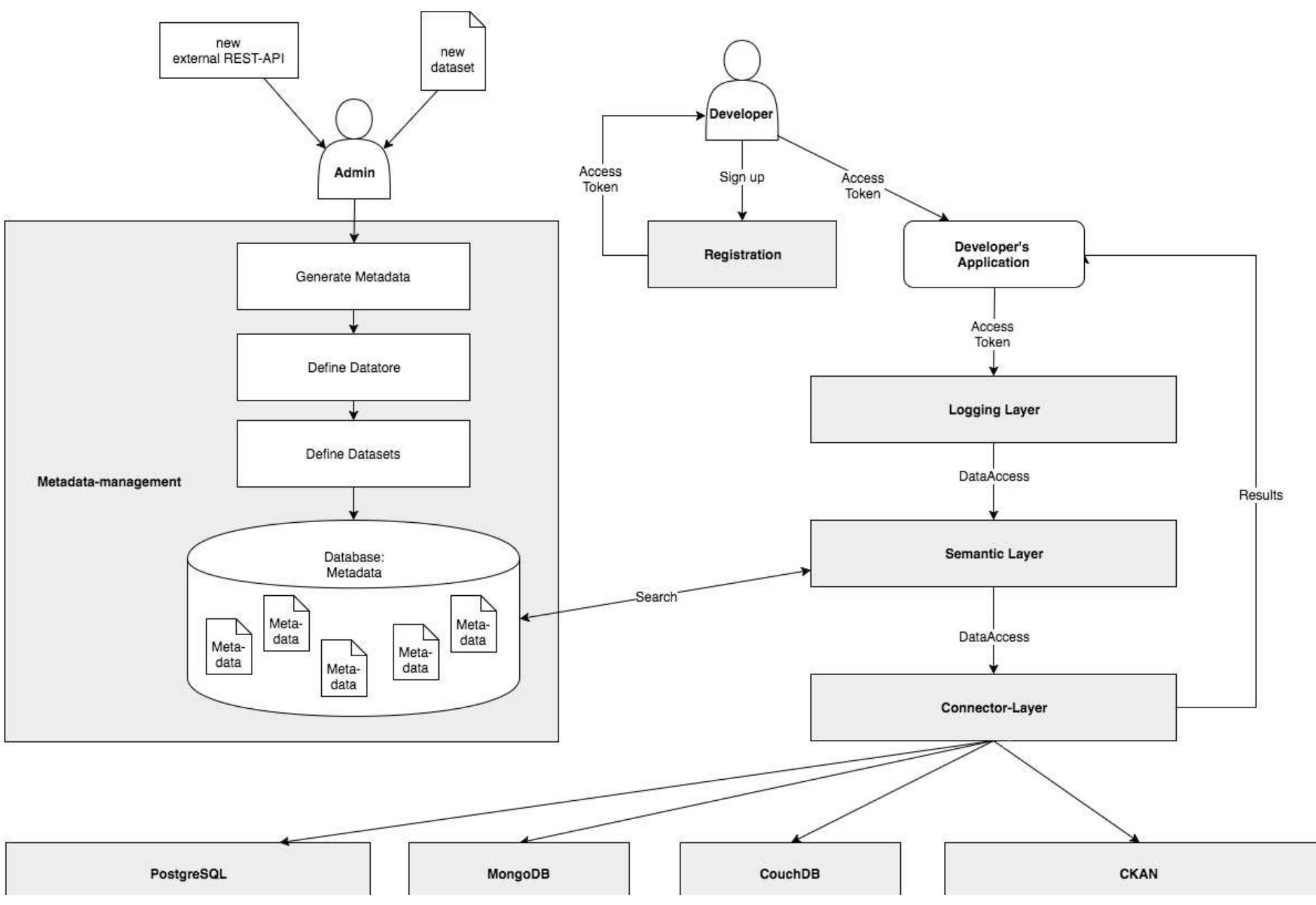Key research themes
1. How can user modeling improve human-computer interaction to address user diversity and task complexity?
This research area investigates formal user modeling approaches in Human-Computer Interaction (HCI) aimed at creating adaptive, personalized systems that can serve a highly diverse user base with varying backgrounds, knowledge, and task complexity. The goal is to move beyond generic interfaces towards systems that can collaborate effectively with users by understanding and adapting to individual user characteristics, expertise levels, and contexts. This matters because conventional low-threshold interfaces often neglect the needs of skilled domain workers, and the notion of collaboration with computers requires new modeling paradigms that handle shared goals and context dynamically.
2. What factors contribute to user burden in computing systems, and how can user burden be effectively measured and mitigated?
This research theme centers on understanding the multidimensional negative impacts ('user burden') that computing systems impose on their users, which may hinder system adoption, retention, and overall user experience. The emphasis is on developing models capturing different burden facets such as difficulty of use, physical strain, time and social constraints, mental and emotional load, privacy concerns, and financial costs. Measuring user burden systematically is critical for guiding design improvements that reduce barriers and improve long-term engagement and satisfaction.
3. How do user involvement and user data impact design processes, and what challenges arise in representing diverse user needs?
This area explores the socio-technical and organizational aspects of involving users throughout the system design process, especially in contexts requiring inclusive or multi-user design. It investigates historical and political dimensions of user involvement, the multiplicity of user types (including professional users and marginalized groups), and the complexities arising from aggregated or commodified user data. The focus is on understanding tensions between regulatory frameworks and emancipatory approaches, designing for multi-user scenarios with conflicting needs, and improving the formats and methods for capturing user data to inform designs that balance heterogeneous perspectives.































